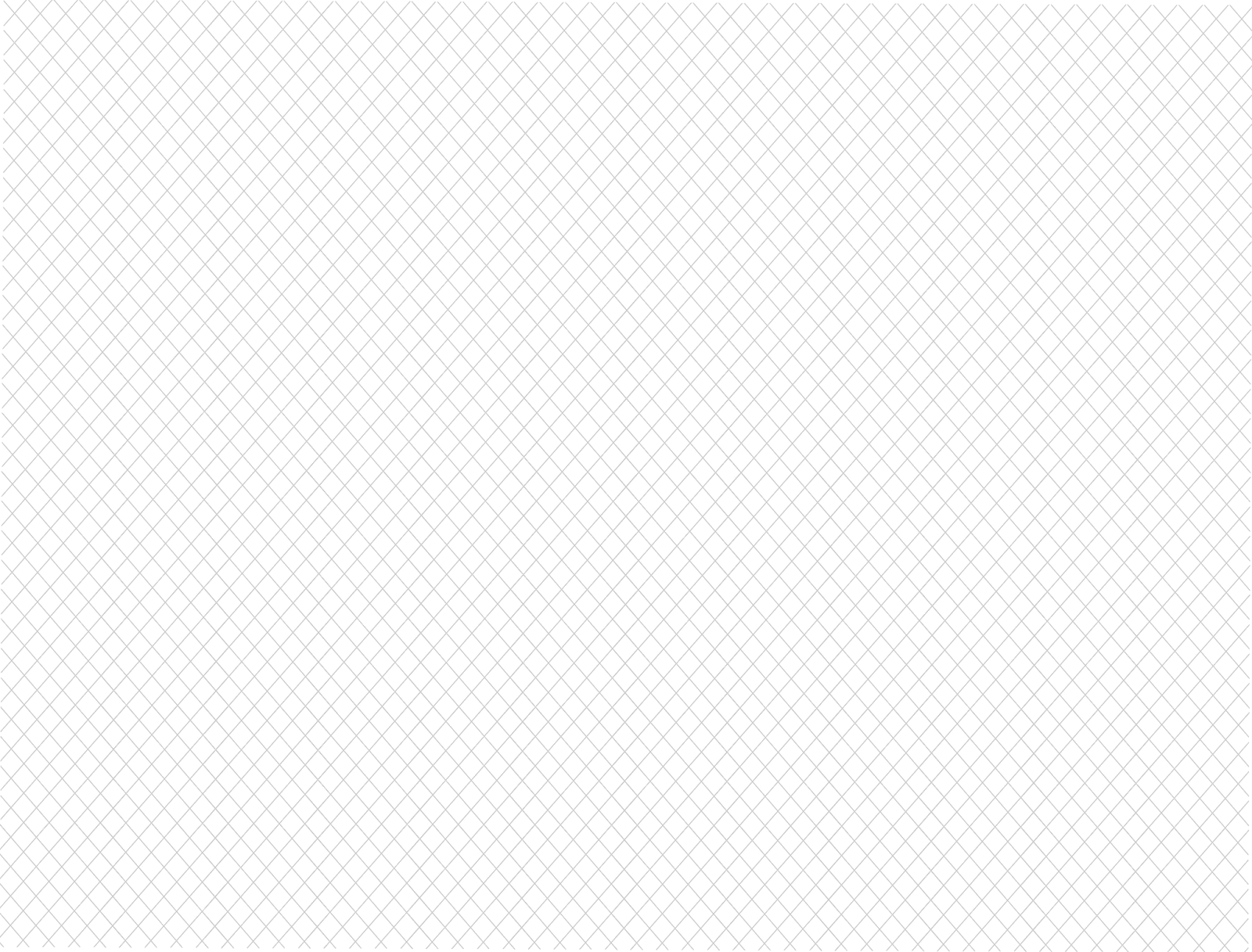Invitation
Dear friends and colleagues,
It is our pleasure to invite you to contribute to the electronic magazine Alegrar. The magazine will be accepting contributions in Portuguese, Spanish, Italian, English and French.
Alegrar has an open editorial line and accepts all kinds of contribution: letters, interviews, photographs, drawings, poems, short stories, articles, critical readings, coments and anything that may be interesting in even so forms that still have no name. We do not have any restrictions or recommendations concerning the format of the texts to be sent to us. We only ask contributors to send images in jpg (for pictures) or gif form (drawings), at 800 x 600 pixels size, resolution 72 dpi. We are interested in what you have been thinking, in what you have been doing.
The magazine intends to be a space open to movements concerning productive and creative ways of resisting in the present, opening other possibilities, which we believe are contagious. The magazine wants to be a space that attains the dimension of humour, of clowns, of buffoons, of artactivism, of communitarian experiences, of guerrilla, of the several struggles anti-globalization – or towards new forms of globalization – shortly, of all movements that use creation, that come out from an affirmative attitude and that are not structured on reactive procedures.
We are interested on thinking joy on its political dimension, joy as a force that may engender transformations, as desiring the proliferation of connections and articulations. Thus, Alegrar may include tragic laughter and even manifestation that are not so laughing.
We should add that Alegrar involves artistic creation, not only in its directly engaged forms, because we think that creativeness can be a powerful weapon itself, even when its political reach is not immediately perceived.
Just to present ourselves and to name some of the thinkers we have been establishing alliances with, we could say that we are three readers of Deleuze and Guattari, Spinoza, Foucault, Nietzsche, Negri, Clarice Lispector, Kafka, Beckett, Manoel de Barros, Artaud, Michel Tournier, Dostoievsky… Two of us had experiences with girls and boys living at brazilian suburbs, one as a teacher, another as a videomaker. One of us studies the deleuzean interpretation of Spinoza’s thought in order to conceptualize new ways of articulating body and mind. Another one studies clowns, bodies in possible connections with art, philosophy and politics. And there is another one that studies communitarian video.
We are – why should not we say it, – three friends contaminated by the desire of producing encounters in this virtual space. Why the virtual? Because of its speed, its connectivity, contemporarity, agility and because of its surface. As Michel Tournier says on Friday: “it is an odd prejudice which blindly values profoundness instead of surface and makes ‘superficial’ mean not ‘of large dimension’ but of ‘little depth’, while ‘profound’ means, on the contrary, ‘of great depth’ and not ‘of weak surface’. Nevertheless, a feeling such as love is widely better measured – if this could be ever done – by the importance of its surface than by its degree of profoundness”. [This is a « home made » translation. The original French text is as follows: “étrange parti pris qui valorise aveuglément la profondeur aux dépens de la superficie et qui veut que ‘superficiel’ signifie non pas ‘de vaste dimension’, mais de ‘peu de profondeur’, tandis que ‘profond’ signifie au contraire ‘de grande ‘ et non pas ‘de faible superficie’. Et pourtant un sentiment comme l’amour se mesure bien mieux il me semble – si tant est qu’il se mesure – à l’importance de sa superficie qu’à son degré de profondeur.” (Michel Tournier, Vendredi ou les Limbes du Pacifique, Paris, Gallimard, 1995, pp. 68-69, first edition in 1967). We will be really grateful if someone could send us the published version of this extract, or a better translation.]
We are waiting your contribution.
Best regards,
Cíntia Vieira, Clarisse Alvarenga e Kátia Kasper.
